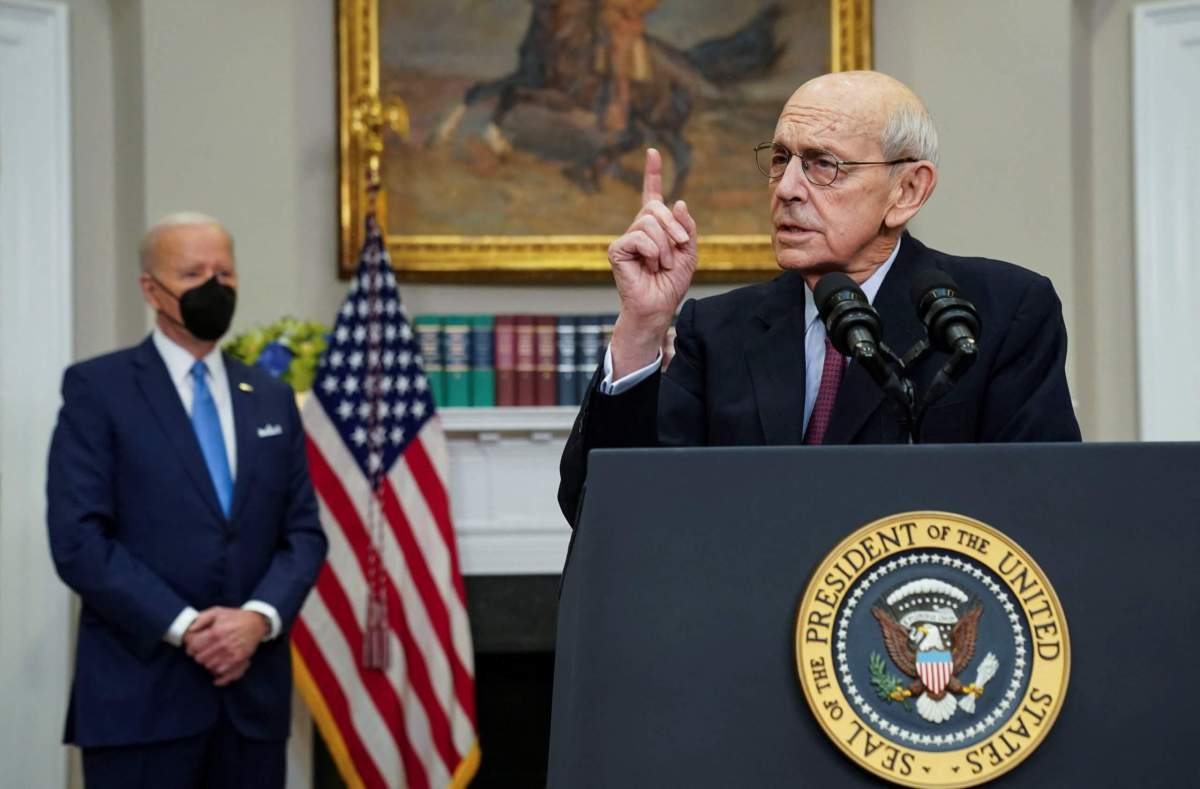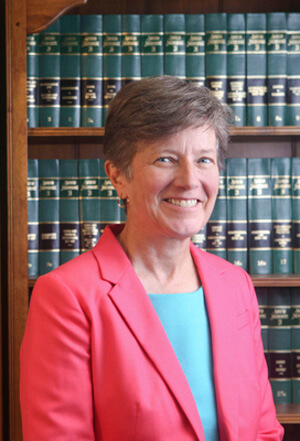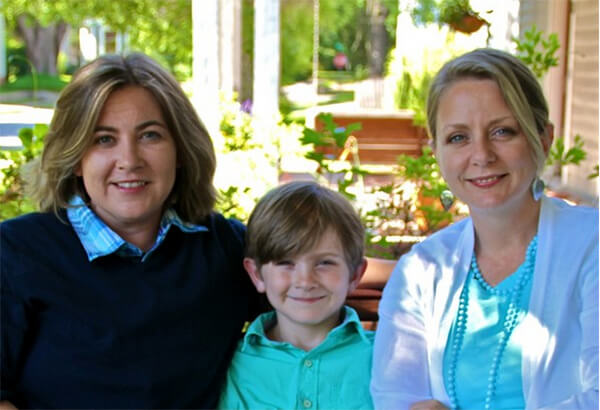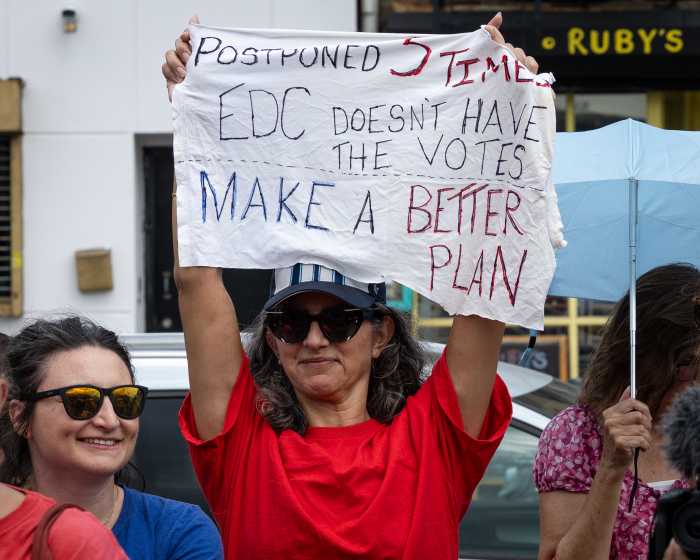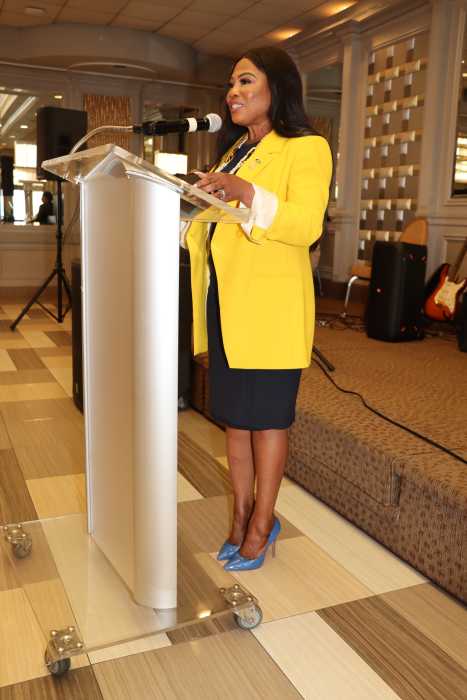The news of Supreme Court Justice Stephen Breyer’s forthcoming retirement prompted reaction from several national LGBTQ organizations eager to see the president inject more diversity to the court.
Queer groups responding to the news also praised Breyer’s legacy, pointing to his votes on cases pertaining to marriage equality, sodomy laws, and LGBTQ non-discrimination protections, among others.
But that reflective tone largely gave way to a stronger focus on the future — especially given the uncertainly surrounding the looming midterm elections and the fate of Senate control. The LGBTQ organizations speaking out made it clear that they would like to see a Black woman nominated to the court for the first time.
Breyer formally announced his retirement plans in a speech at the White House on January 27 and said he would step down at the end of the term after his successor is confirmed.
President Biden vowed to follow through on his campaign pledge to nominate a Black woman to the Supreme Court — a commitment he made ahead of the 2020 Democratic primary election in South Carolina. That move helped him gain the pivotal endorsement of South Carolina Congressmember James Clyburn after the former vice president suffered losses in Iowa, New Hampshire, and Nevada.
Biden is not yet revealing potential replacement picks, but when that time comes, Senate Majority Leader Chuck Schumer of New York said he would “move quickly” to get the confirmation process underway.
Most of the LGBTQ groups speaking out in response to Breyer’s inevitable departure were unified in calling for gender and racial diversity, and some even called for an out LGBTQ Supreme Court nominee. The Victory Institute, which works to elect queer people nationwide, urged the president to nominate an LGBTQ Black woman to the court, along with the National Black Justice Coalition, which suggested the nominations of two out LGBTQ Black judges — Staci Michelle Yandle of the US District Court for the Southern District of Illinois and G. Helen Whitener, who is an associate judge of the Washington Supreme Court.
“The US Supreme Court is a branch of government that should include the diversity of life experiences of the American people on its bench,” David Johns, the executive director of the National Black Justice Coalition, said in a written statement. “It’s time for President Biden to live up to his campaign promise and appoint a Black woman to the Supreme Court.”
Johns also said Judge J. Michelle Childs, who serves on the US District Court for the District of South Carolina and was appointed by President Barack Obama, would be an “excellent pick.” Clyburn has suggested Childs as a potential pick and he told ABC News that South Carolina Senators Tim Scott and Lindsey Graham — both Republicans — are “very high” on her. In 2014, Childs ruled that South Carolina’s decision not to recognize the marriage of two women who were already married was unconstitutional.
The National LGBTQ Task Force, Lambda Legal, and the National Center for Lesbian Rights echoed the calls to nominate the first Black woman to the court but also emphasized the importance of ideological background. And, in the wake of the 2021 Capitol riot and the escalation of attacks on voting rights, queer groups hope Biden nominates someone who has a track record of upholding democracy.
“We encourage the President to appoint a nominee to fill this vacancy who has an unwavering commitment to democracy and the rule of law and who will resist the continuing erosion of our institutions,” Imani Rupert-Gordon, the executive director of the National Center for Lesbian Rights, said in a written statement. “We encourage him to choose someone with a demonstrated record of supporting LGBTQ equality and racial, gender, and economic justice. We also urge him to choose a nominee who will meet this moment and uphold the highest standards of the constitution.”
Sharon McGowan, Lambda Legal’s chief strategy officer and legal director, said, “We strongly urge President Biden to select a nominee whose commitment to equal justice under law is beyond question, and whose record demonstrates their understanding that LGBTQ+ people are entitled to the full protection of the Constitution’s guarantees of equality and liberty.”
Kierra Johnson, the executive director of the National LGBTQ Task force, pointed out that just one woman of color — Sonia Sotomayor — has served on the Supreme Court.
“The National LGBTQ Task Force urges President Biden to keep his promise and nominate the first Black woman to the Supreme Court Bench,” said Johnson, who added that the “country needs justices who bring a proven record of championing the civil and human rights of all people while upholding our democracy.”
Joni Madison, the interim president of the Human Rights Campaign, heaped praise on Breyer and said Biden’s eventual nominee has “big shoes to fill” in terms of shaping the future of LGBTQ equality.
“The stakes could not be higher for LGBTQ+ people, women, and Black and brown communities when it comes to the next Supreme Court justice,” Madison said.
Although Biden will have his first opportunity to make a mark on the Supreme Court, the nomination will not change the court’s 6-3 conservative majority.
Breyer, 83, was nominated to the Supreme Court by former President Bill Clinton in 1994. Prior to that, former President Jimmy Carter nominated him to the Court of Appeals for the First Circuit, where he went on to become the chief judge.

